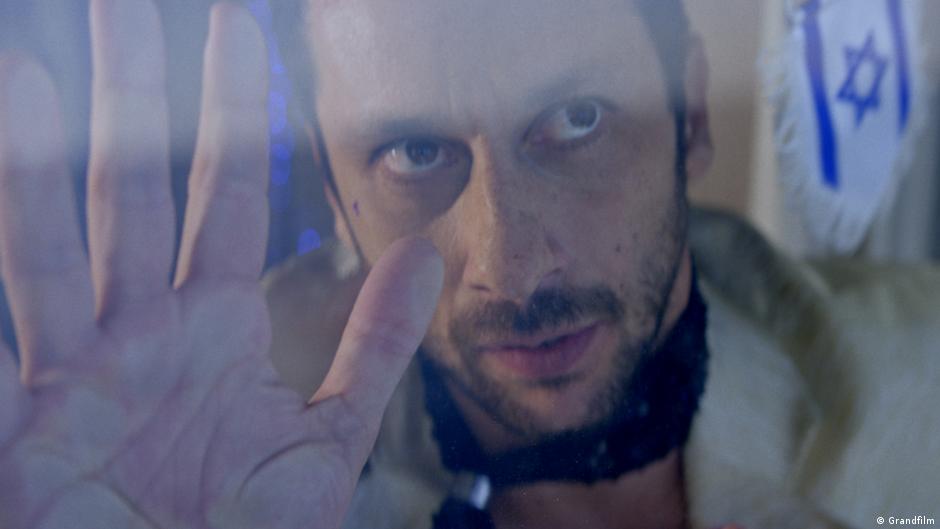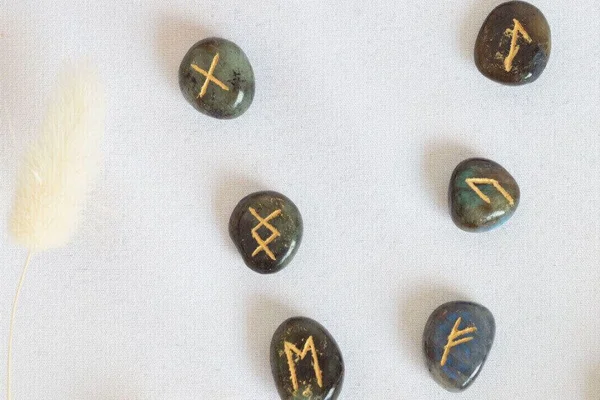
Israeli filmmaker Nadav Lapid gained international recognition by exploring the rifts in his country with films such as “Synonyms: Israelis in Paris,” which won the Golden Bear at the 2019 Berlinale, and “The Knees of Ahed,” which won the Jury Prize at Cannes two years later.
According to Lapid, he had vowed that his next film would not be about Israel.
His script was titled “Yes” and was ready to go into pre-production. He was already considering Hollywood actors to play the two main characters, artists who sell their art, their souls, and their bodies to the rich and powerful.
But it happened on October 7, 2023.
The Paris-based director returned home shortly after the Hamas terrorist attacks on Israel. He empathized deeply with the emotional distress of his family and friends, but, as he said at the Berlin premiere of his film, now showing in Germany, the language used by politicians at the time also meant that he could foresee that the national response would be of “biblical proportions.”
Lapid revised the script within weeks to reflect the unfolding events. “The movie was happening all around me,” he said.
“Reply to madness with madness”
The director claims that this work serves as a witness to a specific historical moment. At the same time, this is also a “fiction movie on steroids.” Lapid describes the film as “meeting madness with madness.”
But even the most satirical and experimental scenes (such as that of a high-ranking official whose head becomes a video player showing the horrors of war) feel like a “neo-realist film” to Israelis, the filmmakers say.
On the other hand, we didn’t need computer-generated staging to evoke what was happening in Gaza. In the background of a scene in which two Israelis kiss on a hill next to the border, real images of Palestinian enclaves under shelling appear one after another.
According to Lapid, these scenes were filmed without permission and the entire production was filmed in secret. He had trouble finding a cast and crew willing to work on the project.
Starring Ariel Bronze, a provocative performance artist who made headlines years ago when she stuck an Israeli flag up her butt during a show about freedom of expression.
Yes was partially financed by the state of Israel, but the country’s major distributors refused to produce the film, including the company that distributed Lapid’s previous films. “They didn’t even want to see it,” Lapid says.
As of now, the film will be screened at the Jerusalem Film Festival, with plans for an independent premiere in Israel.
When selfish elites support nationalist ideology
Y. and Jasmine, the names of the main characters in “Jesus,” are struggling artists during the day and wild entertainers at night. Their shows are kept secret among Tel Aviv’s ultra-rich, who hire couples to perform in front of selected guests, cocktails, and artwork, turning their parties into orgy events set to the rhythm of music. euro trash.
One of the works that appears in the opening sequence is George Grosz’s Pillars of Society (1926). The painting depicts the German elite as grotesque, selfish and complicit in nationalism.
Through his satire, Gross provided an early diagnosis of the current state of the German system, prophetically predicting how support for corrupt and hypocritical institutions would pave the way for the rise of Nazism and unprecedented future destruction.
“That painting was the origin of the film,” the director told DW. Lapid recalled being fascinated by the film as a child, and noted that the style influenced his view of film, which he describes as “Modern Expressionism.”
For him, “you don’t need a Nobel Prize” to see “the similarities between the central figures of German society in 1926 and the Tel Aviv elite” almost a century later.
Those words are reflected in many scenes in the film. Lapid believes that nuance has disappeared from Israeli discourse, so “Jesus” integrates explicit symbolism and imagery.
Exuberant nationalism is evident in the presence of the Israeli flag at all public events. And the obedient Y. is literally licking the boots of his oligarch-billionaire patron who commissioned him to compose a powerful new hymn for post-war Israel.
Making sensational images the main focus of the movie
As a result, the national anthem composed by Y. was revealed through a video in which Israeli children effortlessly sing the lyrics, “In a year, there will be nothing left there” and “We will kill them all,” which predict a genocide in Gaza within a year.
The true context of this hymn is alarming. The video was released in November 2023 by a public relations agency run by Ofer Rosenbaum, the founder of the Civil Front movement. The movement claims on its website to be “apolitical” and aims to restore support for the Israeli military.
below the title “Friendship Song 2023”featuring new lyrics about standard songs by Israeli poet Haim Ghori. “Harut” (1949) and was frequently performed at Israeli memorial ceremonies honoring fallen soldiers and friends.
The agency’s video included in “Yes” was widely shared on social media and was also posted (later deleted) by Israeli public channel Kan.
Lapid openly admits that his approach in Yes is more radical than any demands from pro-Palestinian organizations.
He is well aware that only Israelis can reliably make such radical arguments.
(rm/cp)



